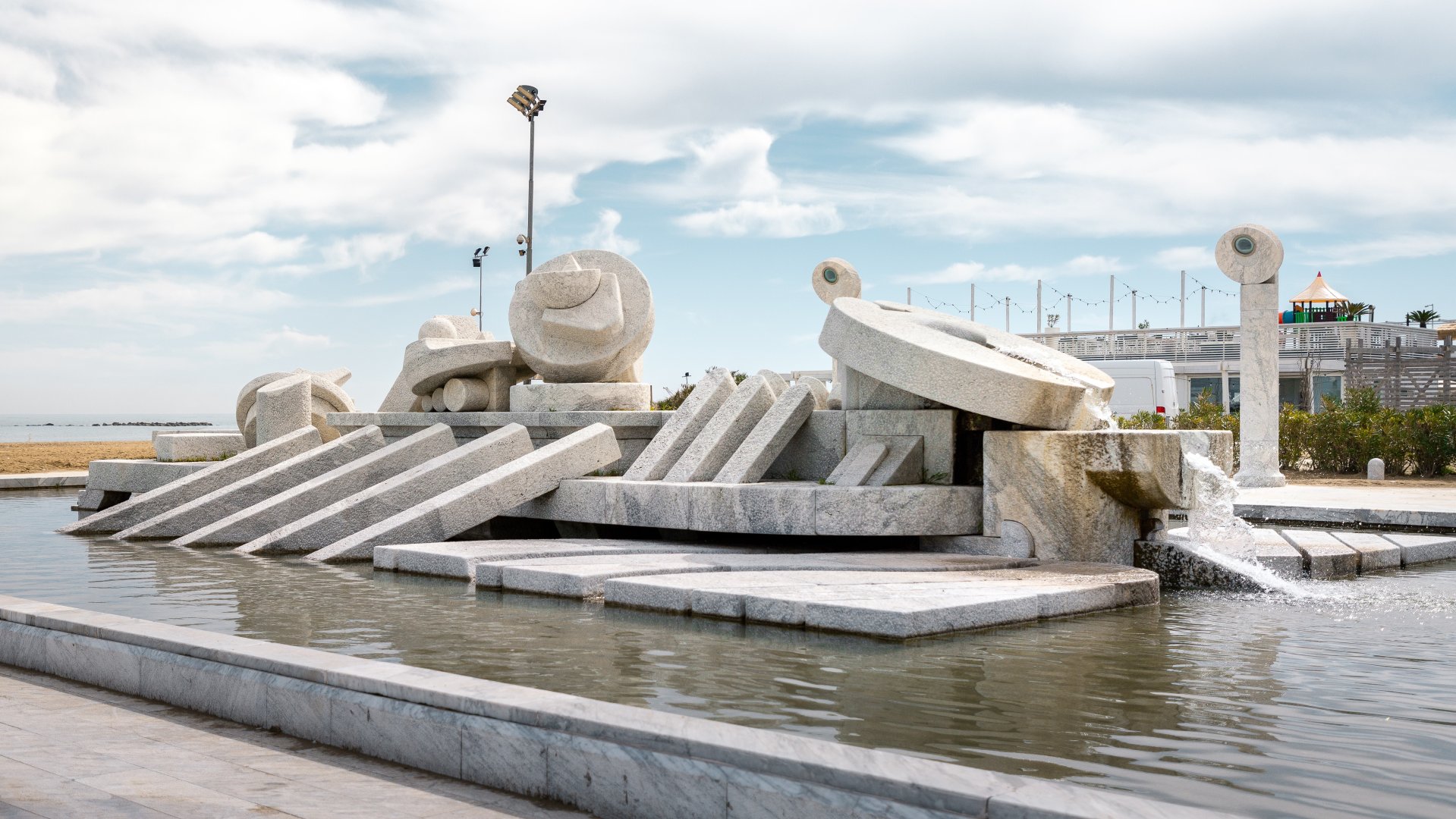
Hybrid physics-based and data-driven approaches for multiscale modelling of collective dynamics
Please login to view abstract download link
The study of collective dynamics has attracted growing attention across scientific disciplines due to its relevance in modeling self-organization and emergent patterns within multi-agents systems. In the biological context, an increasing number of phenomena are now explored using mathematical and computational models, enabling in-silico investigations of complex biological behaviors. On a physics-based approach, the behavior of cells at the microscopic scale seems to play a crucial role in modeling collective cell migration, providing a detailed description of the mechanical interactions among cells. Conversely, the availability of in–vitro experiments allow to learn communication kernels from data. Over the last ten years, the class of hybrid coupled models, gathering the advantages of a multiscale description, has been investigated in different directions [1, 2]. In this talk I will present modelling and simulations advances on hybrid coupled models developed to simulate cell migration in the context of two competitive populations of cells [3], offering a powerful framework for capturing interactions across scales. While hybrid models offer high fidelity, their computational cost can become prohibitive, especially in numerical simulations involving large cell populations or higher-dimensional spaces. To address this, a macroscopic model, based on a pressureless Euler-type system with nonlocal chemotaxis, has been rigorously derived from the underlying microscopic dynamics [4]. Based on experimental data collected at the microscopic scale, the models parameters are estimated through an optimization procedure, which first links the microscopic data to macroscopic numerical solutions. Several numerical simulations of different scenarios will be shown in multidimensional settings. This work is the result of collaborations with Roberto Natalini (IAC – CNR) and Tommaso Tenna (Université Cote d’Azur-Sapienza Università di Roma).
